As you get less sleep, it’s tempting to reach for an energy or caffeinated drink to stay awake during the day. Believe it or not, consuming these types of drinks to combat sleepiness, can lead to a vicious cycle.
Yes, caffeine will help you stay awake, but it can easily take up to eight hours to wear off. This means it can also reduce your sleep time and decrease the quality of your sleep.
So, how do can you stay awake naturally?
In one well-known study, Robert Thayer, PhD, a professor at California State University, Long Beach, studied whether people were more energized by eating a candy bar or taking a brisk 10-minute walk.
Though the candy bar provided a quick energy boost, participants were actually more tired and had less energy an hour later. The 10-minute walk increased energy for two hours. That’s because walking pumps oxygen through your veins, brain, and muscles.
If you work at a desk, get up frequently for short walks. At meal breaks, walk to a restaurant or, if you bring your lunch, head for a nice spot to eat it. Whether you take a walk outside or just in the building where you work, it will make you feel more alert and refreshed.
There are two things to remember about naps: Don’t take more than one and don’t take it too close to your bedtime.
“Nap between five and 25 minutes,” says Barry Krakow, MD, author of Sound Sleep, Sound Mind: Seven Keys to Sleeping Through the Night. It’s best to nap about six or seven hours before you would normally go to bed. If you must take a late nap close to bedtime, make it a short one.
Napping on the job can be touchy. If you need to nap at work, do it during your break and use a vibrating alarm clock, if necessary, to make sure it doesn’t spill over into your work time.
Sleeping at your desk is usually not a good idea, but many companies now provide nap rooms for employees.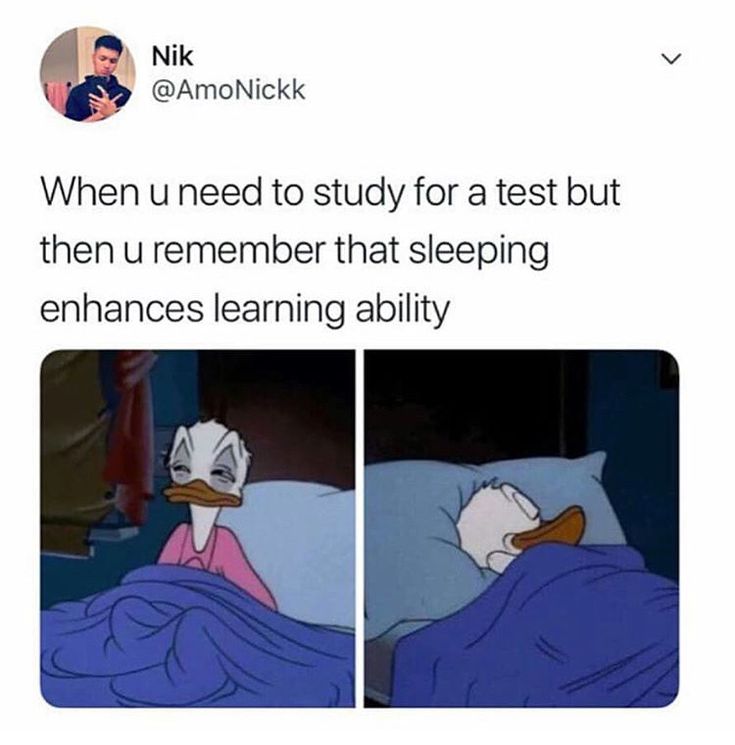
“If you can’t nap, even resting quietly with your eyes closed for 10 minutes or so will help,” says Allison T. Siebern, PhD, a fellow at the Stanford University Sleep Medicine Center in Redwood City, Calif.
Continuous fixation on a computer screen can cause eyestrain and worsen sleepiness and fatigue.
Look away from the screen for a few minutes periodically to relax your eyes.
Sugary snacks give you a quick energy boost followed by the sugar “lows,” when low blood sugar produces mental fogginess and lethargy.
Snacks such as these will provide better overall energy in the long run:
If you’re fading fast, engaging in conversation can get your mind moving again.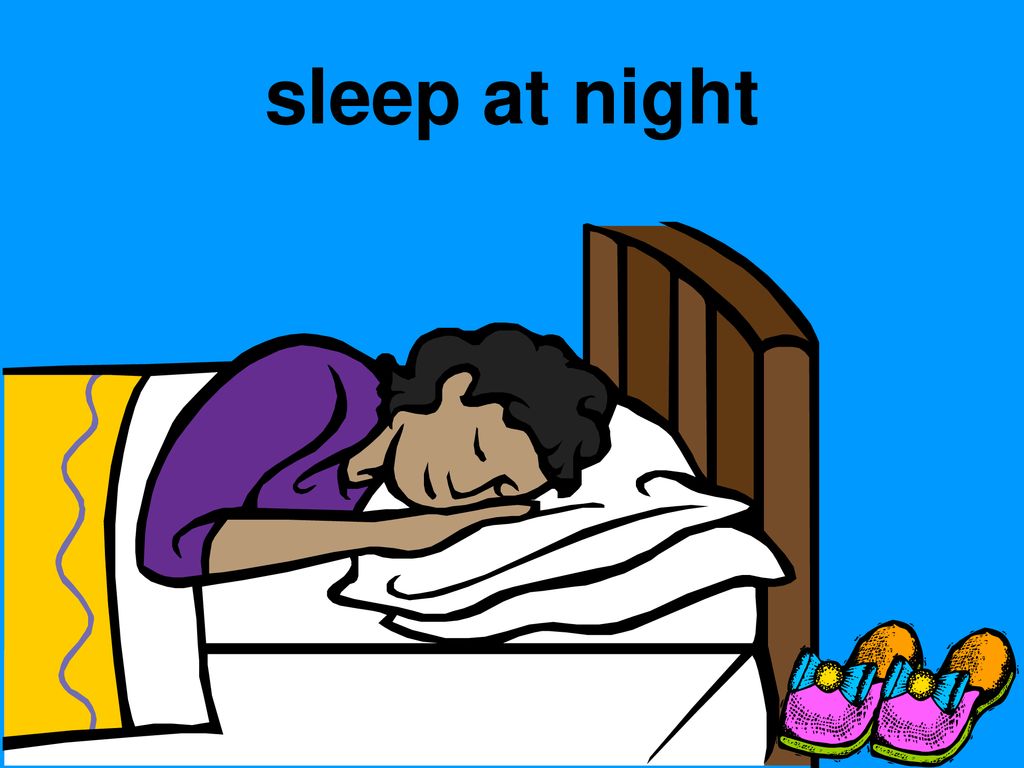 “Talk to a colleague about a business idea, politics, or religion,” says Krakow, medical director of Maimonides Sleep Arts and Sciences, Ltd. in Albuquerque, N.M. “It’s a very strong behavioral stimulator — especially when it’s a conversation about politics.”
“Talk to a colleague about a business idea, politics, or religion,” says Krakow, medical director of Maimonides Sleep Arts and Sciences, Ltd. in Albuquerque, N.M. “It’s a very strong behavioral stimulator — especially when it’s a conversation about politics.”
Environments with dim lighting aggravate fatigue. Studies have shown that exposure to bright light can reduce sleepiness and increase alertness. Try increasing the intensity of your light source at work.
Deep breathing raises blood oxygen levels in the body. This slows your heart rate, lowers blood pressure, and improves circulation, ultimately aiding mental performance and energy.
The idea of deep-breathing exercises is to inhale to the abdomen, not the chest. You can do them at your desk. Sitting up straight, try this exercise up to 10 times:
 Your chest should not move.
Your chest should not move. Another technique, called stimulating breath, is used in yoga for a quick energy boost and increased alertness:
“Driving while sleepy is as dangerous as driving under the influence of alcohol,” says Siebern. Common tricks such as opening the windows and turning on loud music won’t keep you awake for very long behind the wheel. “Have someone else drive or pull off the road and take a nap until you’re no longer sleepy,” Siebern says.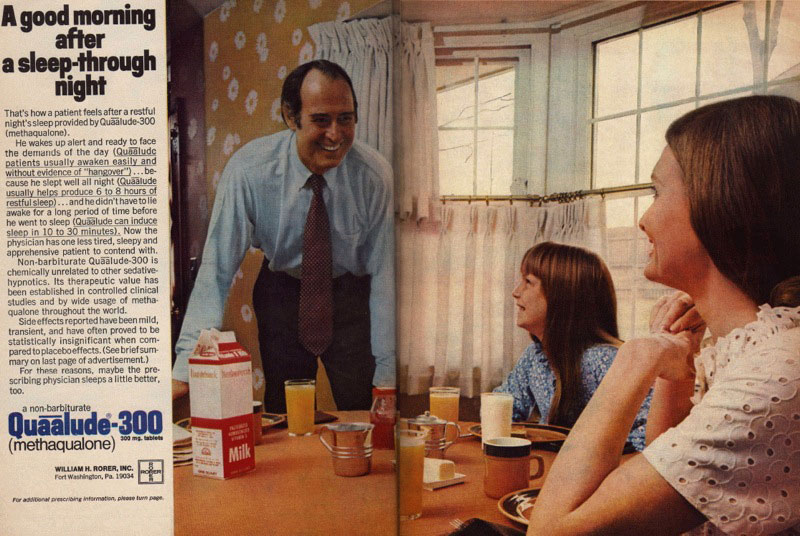
If you’re on an extended trip, change drivers often. Stop at least every two hours to take a walk and get some fresh air.
In 2004 Finnish researchers who studied people working 12-hour night shifts found that monotonous work is as harmful as sleep loss for alertness.
At work or home, try to reserve more stimulating tasks for your sleepy times. Or switch to more engaging work responsibilities when you feel yourself nodding off.
Dehydration can cause fatigue. Make sure you drink plenty of fluids and eat foods high in water such as fruits and vegetables.
Our circadian rhythms, which regulate our sleep-wake cycle, are influenced by daylight. Try to spend at least 30 minutes a day outside in natural sunlight. (Sleep experts recommend an hour of morning sunlight a day if you have insomnia.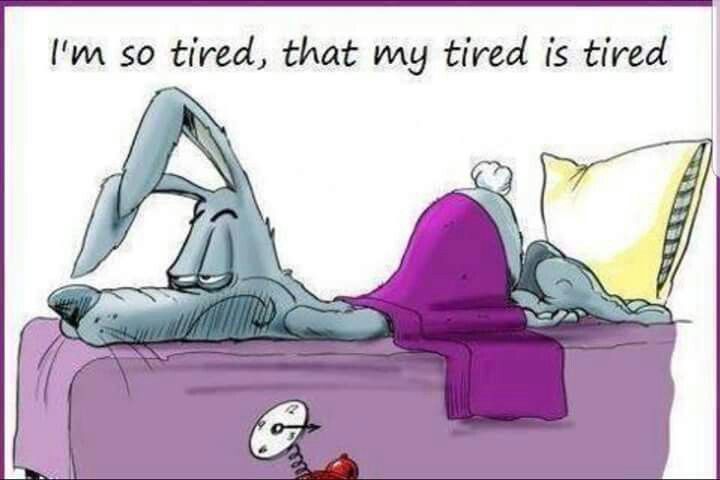 ) Even a step outside for a breath of fresh air will revive your senses.
) Even a step outside for a breath of fresh air will revive your senses.
In a 2006 analysis of 70 studies involving more than 6,800 people, University of Georgia researchers found that exercise was more effective in increasing energy and reducing daytime fatigue than some medications used to treat sleep problems.
Regular exercise also improves quality of sleep. Try to exercise 30 minutes a day.
If you decide to exercise hard some days, your energy level may drop for a bit and then surge for a few hours.
Eating a meal that contains both protein and carbohydrates within two hours after a heavy workout will lessen the initial energy loss. Be sure to finish your workout a few hours before bedtime so you are not energized when you try to sleep.
The team at Salem Health is here for you. Call our Sleep Center providers today!
Sleepless nights happen to the best of us.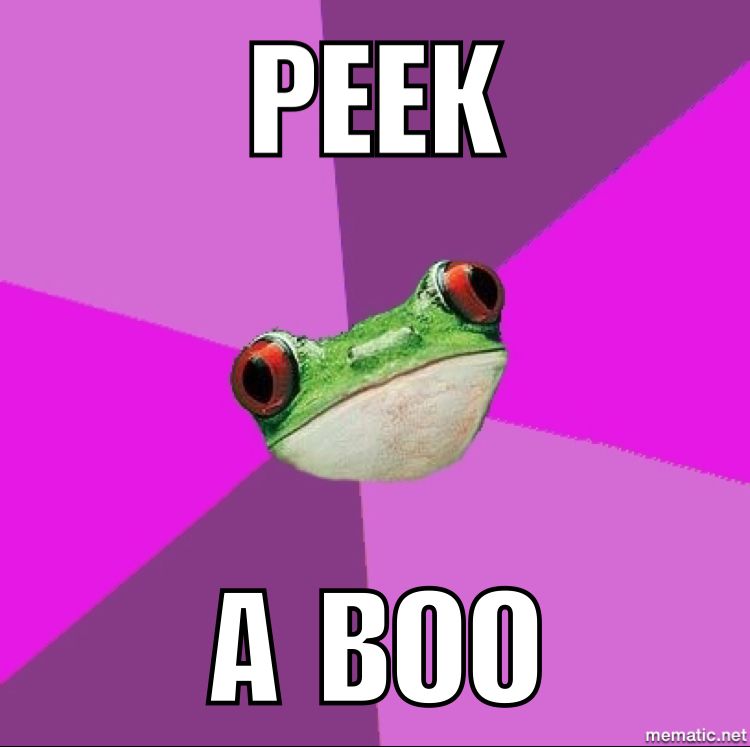 Maybe you tossed and turned all night long, were up working on an urgent deadline or had a bit too much fun celebrating last night and it ate into your shuteye. Whatever the case, the reality is that you still have to face the next day on little to no sleep and still function at an acceptable level.
Maybe you tossed and turned all night long, were up working on an urgent deadline or had a bit too much fun celebrating last night and it ate into your shuteye. Whatever the case, the reality is that you still have to face the next day on little to no sleep and still function at an acceptable level.
"When you don't get enough sleep, your brain doesn't function at optimal speed," says Leigh Winters, a neuroscientist and wellness expert. "Brain imaging research shows that sleep deprivation results in reduced blood flow to areas of the brain, like the prefrontal cortex [that's] responsible for higher level thought processes like working memory. It's also likely to make you more irritable and prone to mood swings."
Getting through the day is bound to be a struggle. That said, it's still possible to power through, and do it as productively as possible, until you're finally able to crash into the sweet softness of your mattress.
"Nature is one of our most underutilized self-soothers both physiological and psychologically," notes Winters. "Connecting with nature and being in fresh air can make you feel more awake. Also, getting some natural sunlight helps maintain circadian rhythms, which will help get your sleep schedule back on track." She added that while blue-wavelength light — like that emitted by our phones and computers — can mimic natural light, actually being in nature can reduce your heart rate and stress levels and mentally invigorate you.
"Connecting with nature and being in fresh air can make you feel more awake. Also, getting some natural sunlight helps maintain circadian rhythms, which will help get your sleep schedule back on track." She added that while blue-wavelength light — like that emitted by our phones and computers — can mimic natural light, actually being in nature can reduce your heart rate and stress levels and mentally invigorate you.
Your tired body will crave an easily digestible and quick high, but with that high comes a gnarly crash, warned registered dietitian Maya Feller. "Skip the ultra-processed foods and beverages," she advises. "They may sound good in the moment but will likely provide a rush of unsustained energy that may leave you more tired and hungry. It's a cycle that your already tired body does not need."
You should eat balanced meals every day, but doing so becomes doubly important on days when you're completely wiped.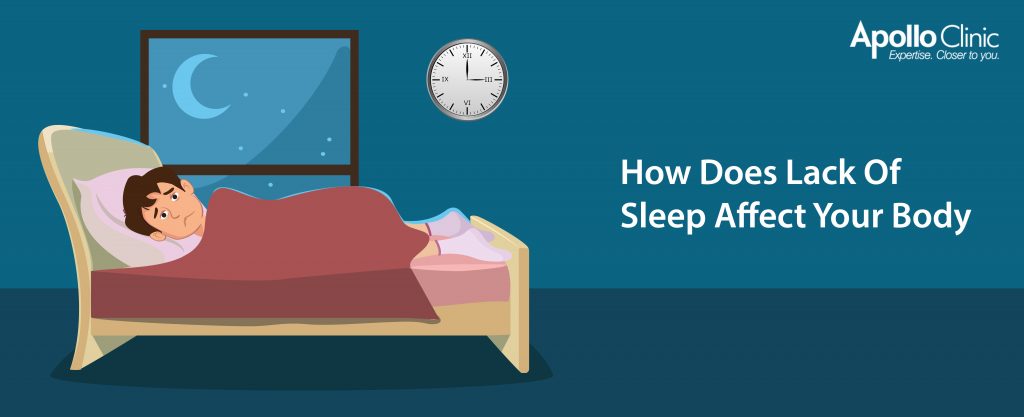 "Create meals that supply all of the macronutrients from whole and minimally processed sources," says Feller. "A great lunch would be a serving of fish — or really any protein of your choice — with a heaping side of greens topped with nuts and seeds." An optimal afternoon snack, she adds, could be a slice of traditional dark pumpernickel bread topped with avocado and hummus. "The lunch is providing lean protein along with a boost of phytonutrients from the greens; the snack is providing a fiber-rich whole grain with plant-based fats and vitamins and minerals," she explains.
"Create meals that supply all of the macronutrients from whole and minimally processed sources," says Feller. "A great lunch would be a serving of fish — or really any protein of your choice — with a heaping side of greens topped with nuts and seeds." An optimal afternoon snack, she adds, could be a slice of traditional dark pumpernickel bread topped with avocado and hummus. "The lunch is providing lean protein along with a boost of phytonutrients from the greens; the snack is providing a fiber-rich whole grain with plant-based fats and vitamins and minerals," she explains.
On that note: Don't forget to eat altogether. It may slip your already groggy mind, so create an alert on your phone if you have to. "Skipping meals leads to glucose dips and increased moodiness," notes Feller. Spare your officemate and family the extra dose of crankiness and carve out time to chow down.
"A power nap can be of value when there is an occasional interruption from the normal schedule of sleep," says Dr. Steven Olmos, who is board certified in sleep-related disorders. "The greatest pressure to sleep is 4 a.m. and 4 p.m., so if you are feeling an afternoon dip in energy, a quick nap can restore the body fatigue that is felt with the previous night's interrupted sleep." A power nap is simply 20 minutes of uninterrupted, comfortable sleep — no more, no less.
Steven Olmos, who is board certified in sleep-related disorders. "The greatest pressure to sleep is 4 a.m. and 4 p.m., so if you are feeling an afternoon dip in energy, a quick nap can restore the body fatigue that is felt with the previous night's interrupted sleep." A power nap is simply 20 minutes of uninterrupted, comfortable sleep — no more, no less.
It may seem counterintuitive to hit the gym when you're already low on energy, but all three experts say staying active can keep you alert. "Starting the day with your blood pumping is the best formula for energy for the day. Exercise increases your core metabolic rate and will sustain for hours after you stop exercising," notes Dr. Olmos. Winters adds: "It can be a walk or dancing around — just make sure to move your body. It's a bonus if you get your fitness on outside."
"Go easy on the caffeine," Feller warns. "Yes, it will give you a boost, but for those that are sensitive to the side effects, having too much can lead to the decreased desire for food, the jitters and difficulty sleeping. " Coffee or tea should be your moderated caffeine of choice, she says, adding that you should stay far away from sugar-doused energy drinks because "the additives are more harmful than helpful."
" Coffee or tea should be your moderated caffeine of choice, she says, adding that you should stay far away from sugar-doused energy drinks because "the additives are more harmful than helpful."
The quote "Don't push off what you can do today until tomorrow" does not apply when you're sleep deprived. "If you pulled an all-nighter or have an enormous sleep debt, think twice about making any big decisions or engaging in high-level thought processes, like analyzing, evaluating and planning," says Winters. "Sleep deprivation not only slows your cognitive speed but also decreases constructive thinking skills and logical reasoning." So refine your to-do list, push off non-priority tasks until tomorrow and allow yourself an easier day.
Want more tips like these? NBC News BETTER is obsessed with finding easier, healthier and smarter ways to live. Sign up for our newsletter and follow us on Facebook, Twitter and Instagram.
Sign up for our newsletter and follow us on Facebook, Twitter and Instagram.
Woke up, but as if you had not slept? If you wake up tired and even broken in the morning, you need to fix it urgently. We have collected 9 working tips that will help you become alert again and wake up full of energy.
Sports are the last thing you want to do when you feel tired. But research shows that the more physical activity you have, the more energy you have.
Even short workouts will make you more alert and self-confident. And they will improve the work of the heart, lungs and muscles - and improve well-being.
Devices from the pharmacy will help track the state of the body before and after training:
Any exercise is useful in the fight against fatigue, but yoga is especially useful.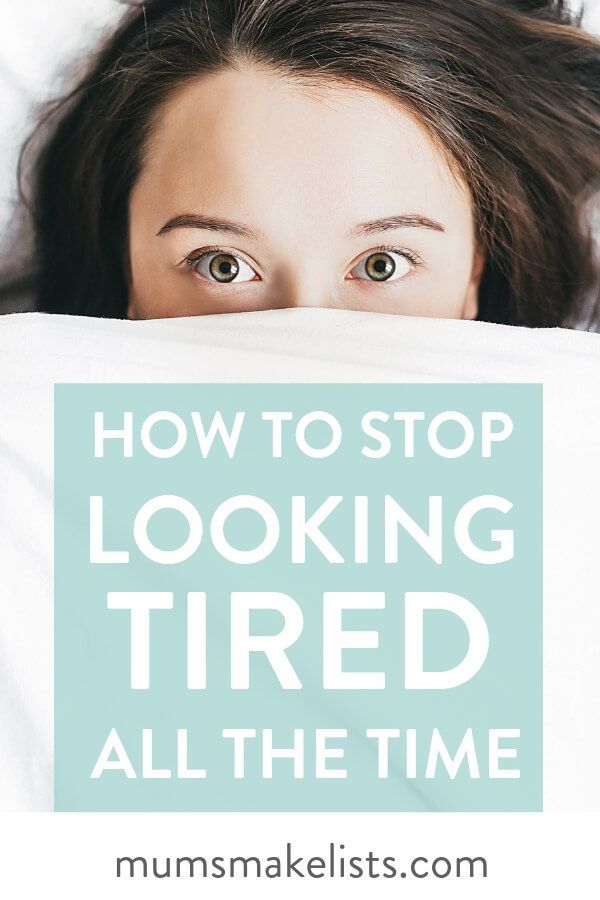
There are also several studies on this subject - for example, scientists in the UK conducted an experiment: they gathered a group of volunteers, forced them to do yoga once a week (only once!). Six weeks later, they were interviewed: everyone noted that their thoughts became clearer, and their energy and self-confidence increased.
Dehydration robs you of energy and reduces physical performance - if you don't have enough water in your body, you will get tired even with the simplest housework. Dehydration also reduces alertness and concentration.
You can tell if you are drinking enough water by the color of your urine: if it is dark, you need to drink more.
Important: you need to drink exactly water, not juices, compotes or dairy products - everything except water is perceived by the body as food, and this does not save you from dehydration.
You can also buy water in pharmacies:
The logic is simple: you get more sleep, you get less tired.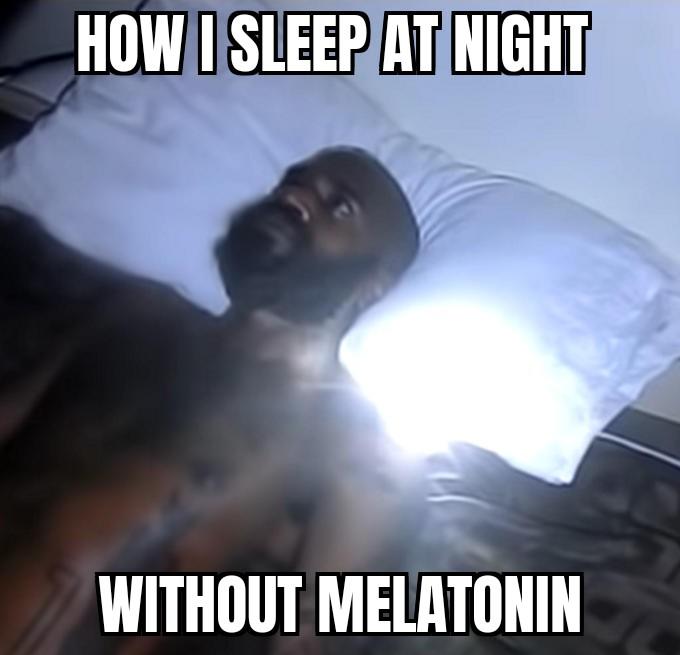 Try to go to bed before midnight and put your gadgets away at least an hour before bedtime - so their bright light does not interfere with the production of melatonin, and you can fall asleep quickly.
Try to go to bed before midnight and put your gadgets away at least an hour before bedtime - so their bright light does not interfere with the production of melatonin, and you can fall asleep quickly.
0003
Fluctuations in blood sugar affect how awake you are throughout the day - the more fluctuations, the more tired you are. To stabilize your sugar levels, you need to increase the number of meals and reduce the amount of servings.
How it works. Sugar is found in almost every product. If we eat a hearty lunch, a lot of sugar enters the body at a time, its concentration rises sharply, and the body absorbs it for a long time. Dividing a heavy meal into at least two small meals will reduce your blood sugar spike and keep you awake for longer.
Supplement your diet with vitamins for energy:
Fish contains healthy omega-3 fatty acids.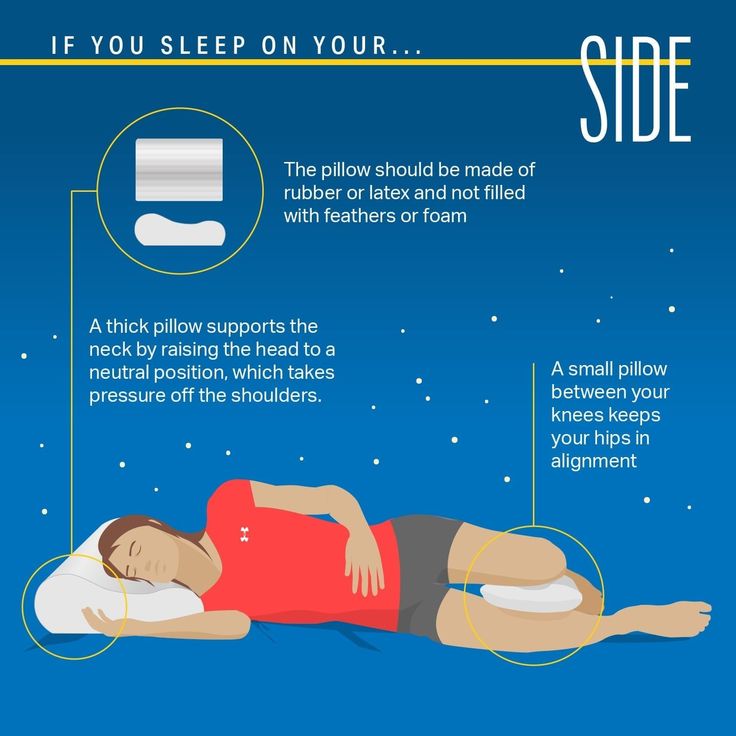 They improve metabolism and increase alertness - and this helps to stay alert and alert throughout the day.
They improve metabolism and increase alertness - and this helps to stay alert and alert throughout the day.
If there is not enough fish in your diet, supplement your diet with supplements:
Of course, you need to reduce not the weight itself, but the percentage of fat in the body - just more often one is inseparable from the other. Scientists from Johns Hopkins University have proven that even a small reduction in body fat improves mood and makes a person more alert.
To start losing weight, experts advise reducing portion sizes, eating a balanced diet, and exercising (or at least walking more often). If you work remotely and are afraid that you won’t be able to lose weight due to sedentary work at home, read this material - in it we told you how to start losing weight even remotely.
Help in losing weight can be found in pharmacies:
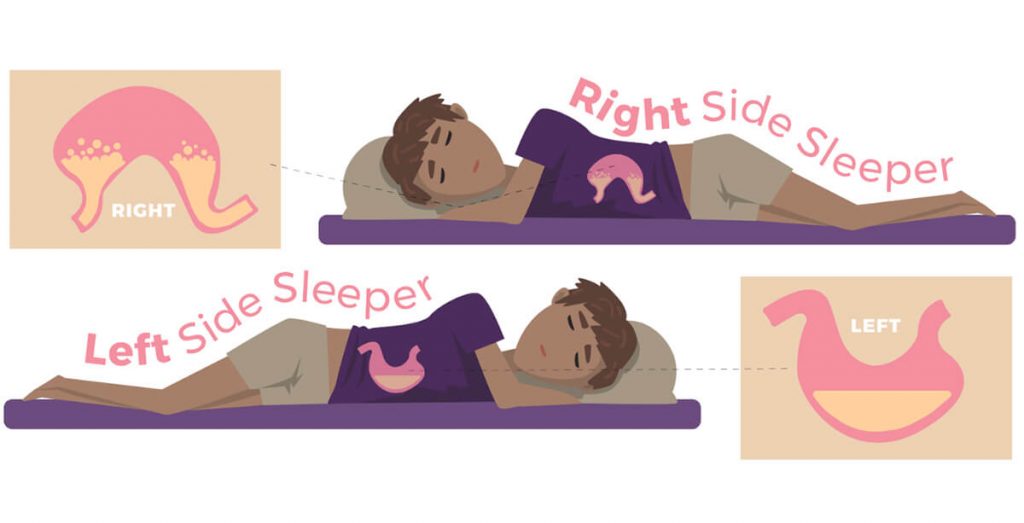
Are you an owl or a lark? The answer to this question will help you not to suffer from fatigue during the day. If you are a morning person and feel energized in the morning, plan all the important things for the first half of the day. If an owl - at the end of the day.
This biological clock, or circadian rhythm, is determined by genetics and brain structure, so changing it can be very difficult. It's much easier to just adapt to them
And if you have problems with activity and fatigue even when you expect a daily energy peak, help:
Important: constant fatigue is a common symptom of many diseases. These include, for example, diabetes, heart disease, arthritis, and anemia. If you have been feeling uncharacteristically tired for a long time, talk to your doctor.
Certain medications can also cause fatigue, such as blood pressure medications, antihistamines, diuretics, and other medications. If you start taking something and feel that you are getting tired faster or more often, tell your doctor about it.
If you start taking something and feel that you are getting tired faster or more often, tell your doctor about it.
What to drink if everything infuriates you? Five legal remedies to help you get Zen
How to quit smoking with the help of a pharmacy?
How to diversify sex in one trip to the pharmacy?
Sign up for our 'Context' mailing list to help you understand what's going on.
Image copyright Thinkstock
Our body can struggle with sleep for a while, but found out BBC Future , sooner or later, insomnia leads to temporary insanity or even death.
Whatever we waste our time on! By age 78, according to some estimates, the average person spends nine years watching television, four years driving, 92 days in the toilet, and 48 days having sex.
But among all the activities that consume our time, there is an undisputed champion. By the age of 78, a person spends an average of 25 years sleeping. And if you try to at least partially win back these years from Morpheus, then the question arises: how long can a person stay awake, and what are the consequences of prolonged wakefulness?
(Similar articles from the "Journal" section)
A healthy individual who tries to find the answer by experimenting on himself will soon realize that the task is not an easy one.
"The need for sleep is so strong that it outweighs the hunger," says Erin Hanlon, associate professor at the Center for Sleep, Metabolism, and Health at the University of Chicago in the US. "Your brain will simply fall asleep, despite all the conscious attempts to fight it."
Why the craving for sleep is so strong, scientists do not know. "The exact role of sleep remains to be seen," says Hanlon. But, according to her, sleep somehow "zeroes" the systems of our body. In addition, research has shown that getting enough sleep on a regular basis helps heal wounds, supports the immune system, metabolism, and so on - which may be why we feel great when we get good sleep.
"The exact role of sleep remains to be seen," says Hanlon. But, according to her, sleep somehow "zeroes" the systems of our body. In addition, research has shown that getting enough sleep on a regular basis helps heal wounds, supports the immune system, metabolism, and so on - which may be why we feel great when we get good sleep.
On the other hand, lack of sleep has been linked to an increased risk of diabetes, heart disease, obesity, depression and other ailments. To avoid them, the body gives us unpleasant signals during sleepless nights: we do not have enough strength, we feel tired, and heavy eyelids themselves fall on red eyes. When we continue to struggle with sleep, our concentration drops and short-term memory works worse.
Image copyright Thinkstock
Image captionInsomnia makes us feel overwhelmed... even coffee doesn't help
Skip Podcast and continue reading.
Podcast
What was that?
We quickly, simply and clearly explain what happened, why it's important and what's next.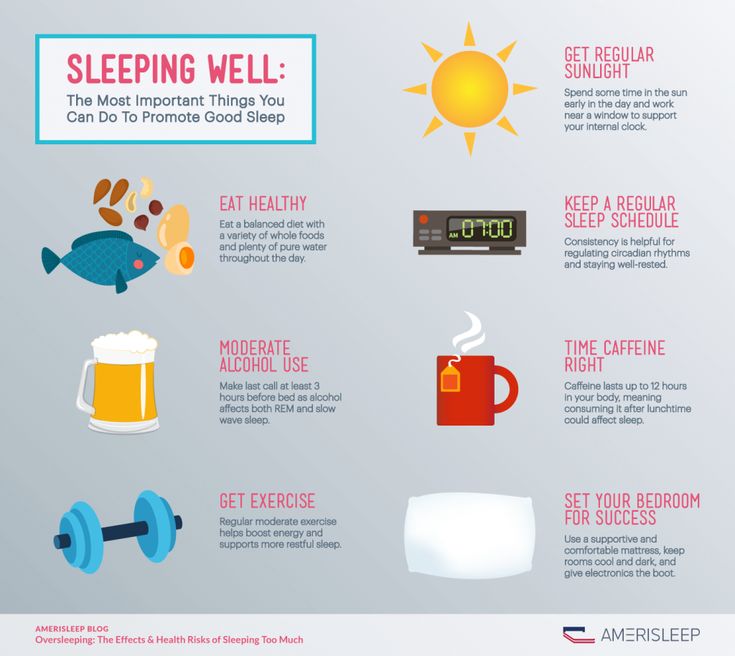
episodes
The End of the Story Podcast
If you ignore these signals and stay awake all day, your mind will eventually give up. There are sharp mood swings, paranoia, a person sees non-existent objects. Truck drivers refer to this state as "seeing a black dog." Their professional wisdom says: if an obsessive black dog appears on the road, you need to urgently stop and rest.
"People start to hallucinate and go a little crazy," says Atul Malhotra, director of the Department of Sleep Medicine at UC San Diego.
The negative impact of insomnia on the body has been noted in many studies. The levels of stress hormones such as adrenaline and cortisol increase in the blood, and blood pressure rises as a result. At the same time, the heart rhythm is disturbed and interruptions in the work of the immune system begin, says Malhotra. As a result, people who do not get enough sleep become nervous and get sick more often.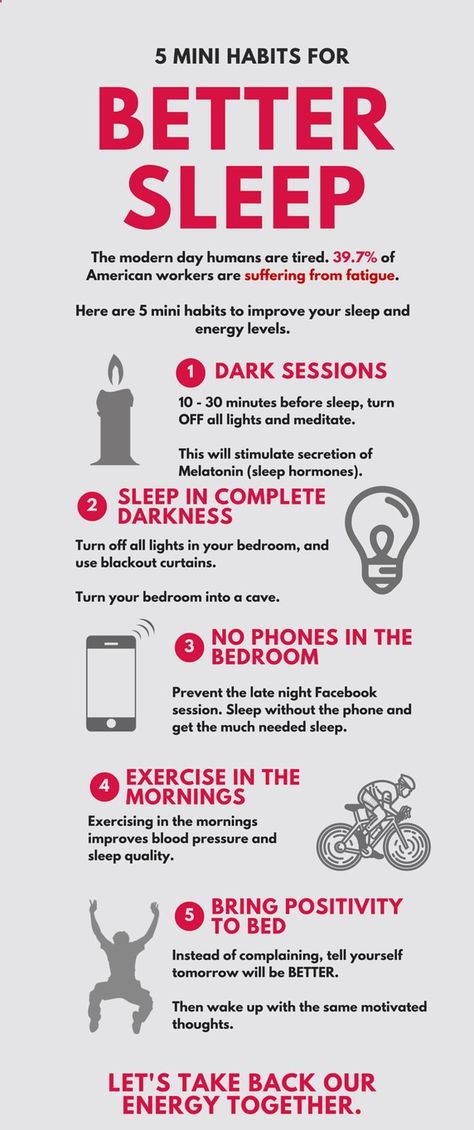
But problems brought on by a bout of insomnia or a series of parties usually disappear after a good night's sleep. "If there is harm, it is reversible," said Jerome Siegel, professor at the Center for Sleep Studies at the University of California, Los Angeles.
What if you don't sleep at all? The unfortunate consequences of staying awake are seen in patients with a rare genetic disorder called fatal familial insomnia.
The genes that cause this disease are found in about 40 families worldwide. In the nervous system of carriers, due to a genetic defect, proteins are converted into so-called prions, while losing their normal properties. "Prions are irregularly shaped proteins, and they cause a lot of problems for patients," Malhotra explains. Prions clump together in nerve tissue, kill it, and turn the brain into Swiss cheese (the same happens in Creutzfeldt-Jakob disease, the most famous prion-caused disease).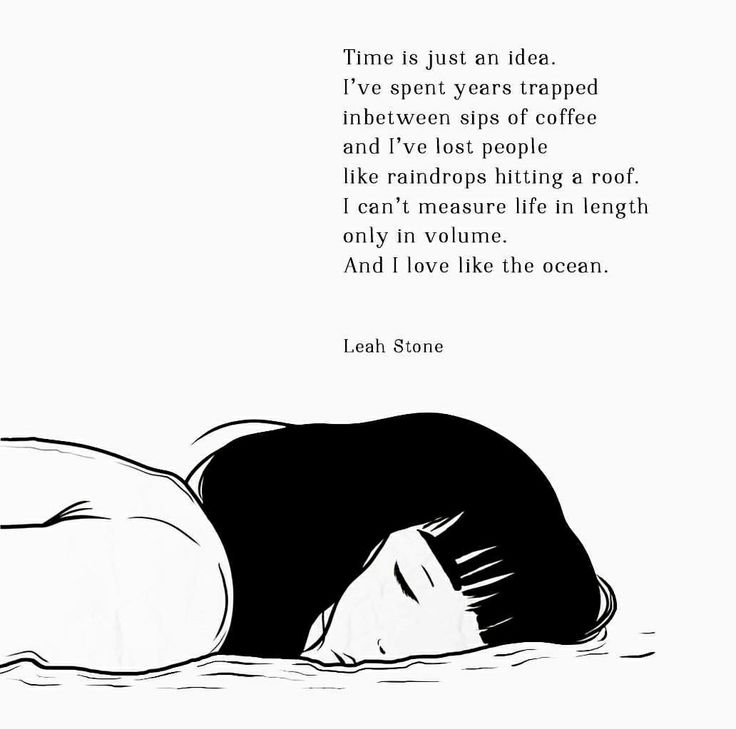 In people with fatal familial insomnia, the greatest damage is done to the thalamus, the deep part of the brain responsible for sleep. So they get insomnia.
In people with fatal familial insomnia, the greatest damage is done to the thalamus, the deep part of the brain responsible for sleep. So they get insomnia.
The patient suddenly stops sleeping and develops strange symptoms such as constricted pupils and excessive sweating. After a few weeks, he goes into a permanent drowsy state. The patient walks like a somnambulist and twitches at times, just as people sometimes twitch involuntarily when falling asleep. This is followed by weight loss, insanity, and eventually death.
However, in such cases, insomnia itself is not considered the cause of death - the disease causes serious damage to the brain.
"I don't think sleep deprivation is killing these people," Siegel says. The widespread insomnia torture is also not known to be fatal (although the person subjected to it experiences terrible suffering).
Similar experiments with animal sleep deprivation provide additional evidence that insomnia is not in itself fatal, but the causes that cause it can sometimes kill.
In the 1980s, Alan Rechtshaffen conducted an experiment on rats at the University of Chicago. He placed the rodents on special discs over trays of water. When the rat began to doze (an encephalogram showed this), the disk turned, pushing the rodent towards the water, causing it to wake up.
Image copyright, Thinkstock
Image caption,A total of 40 families in the world suffer from a genetic disease called fatal familial insomnia
After a month of this treatment, all rats died, although the cause of their death remained unclear. According to Siegel, the most likely cause was the stress of awakening, which the rats experienced about a thousand times a day. It was he who could wear out the systems of their body. Among other symptoms, the rats showed impaired body temperature regulation and weight loss despite an increase in appetite.
"This is the main problem with the study of sleep in humans and animals: a person or animal cannot be deprived of sleep without their voluntary cooperation, without causing serious stress," says Siegel. "If death occurs, then the question remains: what was the cause "Stress or insomnia? It's not easy to tell one from the other."
All of the above, in theory, should be enough to discourage any person from experimenting with sleep deprivation. But the question remains: how long can a person stay awake? The most frequently cited record is Randy Gardner of San Diego, set at 1964 year. As a 17-year-old high school student, Gardner conducted this experiment as an extracurricular science project. According to the scientists who watched him, Gardner did not sleep for 264 hours (a little more than 11 days).
There are other contenders for the insomnia championship, although these data are more difficult to verify. Among them is a certain British woman who, in 1977, won the continuous rocking contest in a rocking chair. It must be assumed that she won by a wide margin - it is alleged that she rocked for 18 days.